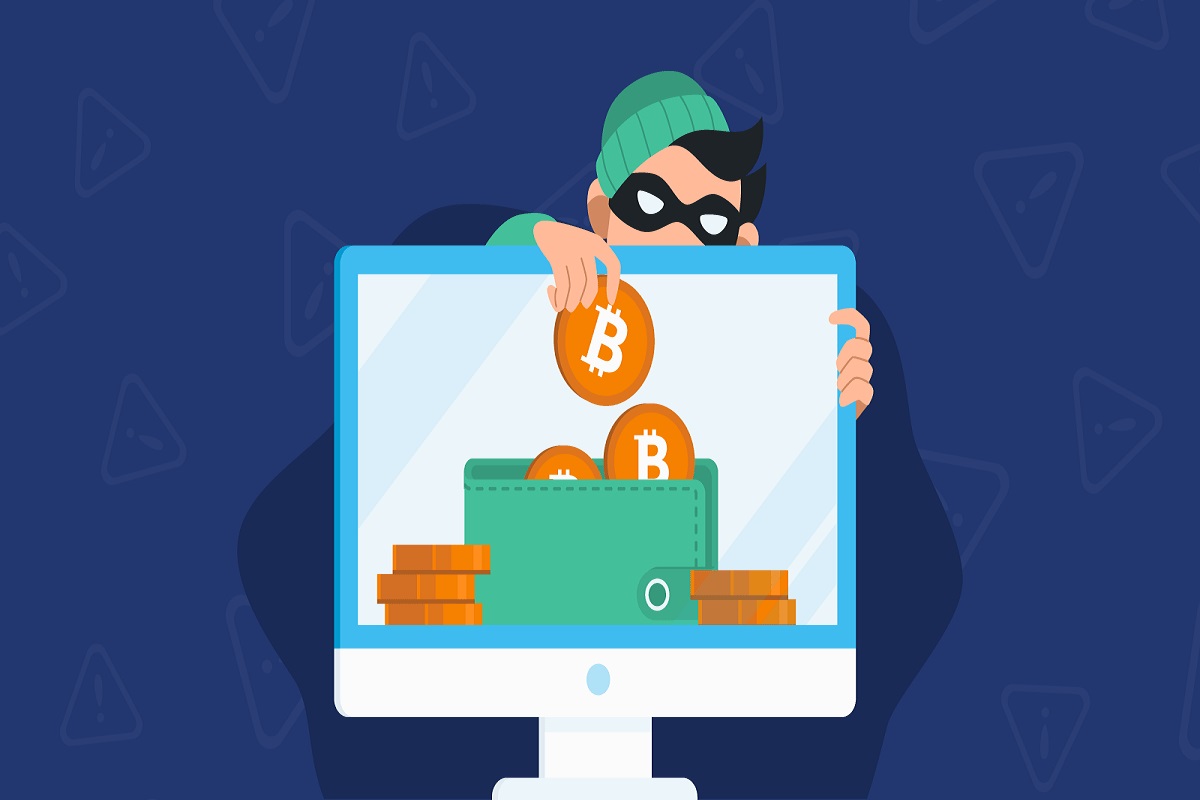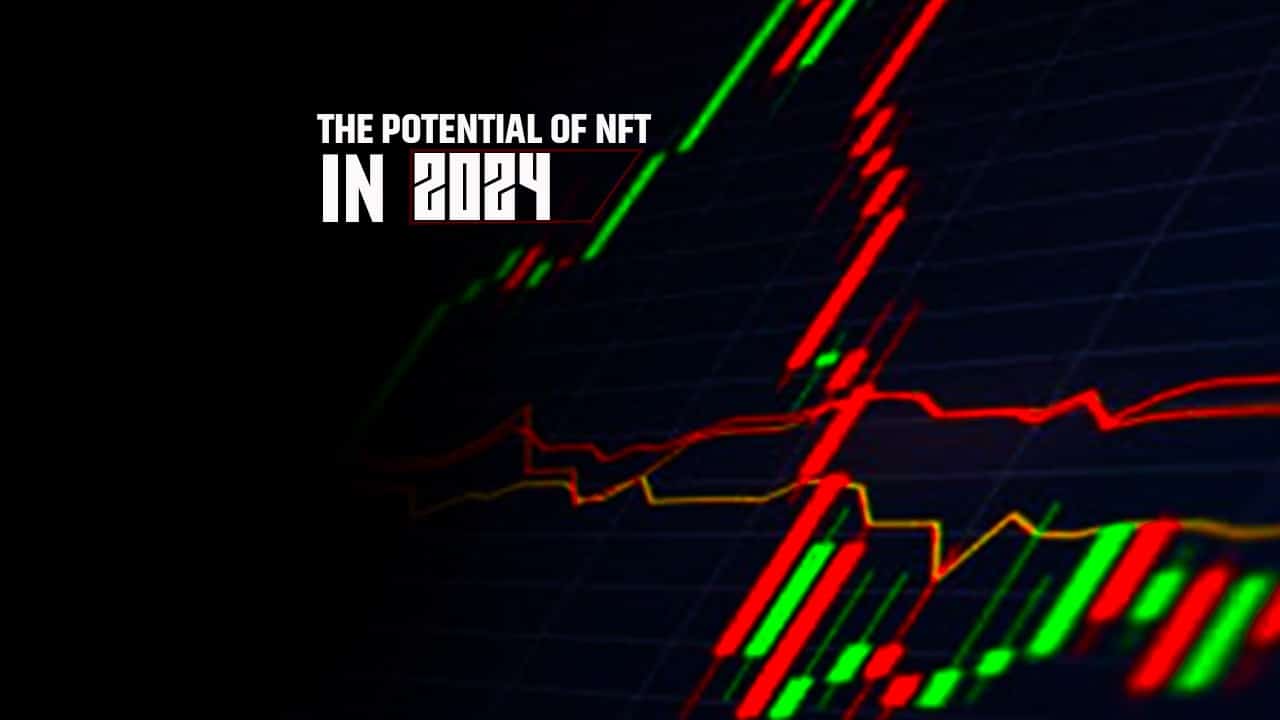You’ve probably already heard about cryptocurrency scams. They’re all over the internet, and they’re only getting worse. The FTC received more than 46,000 reports of people losing money to crypto scams between January 2021 and March 2022, accounting for more than $1 billion in losses. That’s in the US alone, with the problem taking a similar toll in countries like the UK and Australia.
However, there are steps you can take to prevent crypto scams. First, you need to understand the different types of threats and how they work. Then, you’ll be able to keep a vigilant eye out for these scams when you encounter them online.
How Scammers Can Access Your Cryptocurrencies
Scammers have developed an extensive range of methods for accessing other people’s crypto. While there are multiple routes to take, the end result involves taking control of a person’s wallet, exchange account, or other account linked to their crypto holdings and then quickly draining it.
Your own crypto wallet is often the safest place to hold crypto, but there are still risks. A variety of websites and applications interact with wallets to carry out transactions. If you give permission to the wrong one, you could be granting more permissions than you realize.
Crypto exchange accounts are also generally secure but have the same security issues as an account anywhere else. Scammers can gain access by learning your login information or by exploiting two-factor authentication methods.
Due to the nature of cryptocurrencies, there’s no way to claw back any transactions that have been sent out. Losing crypto is permanent, so it’s vital to implement the best security practices. Watch out for these methods that scammers use to gain access to your wallet or exchange account.
Email Phishing Scams
Email phishing is just about the oldest trick in the book when it comes to online scams. The premise is very simple. The scammers send you an email impersonating someone else, maybe the cryptocurrency exchange you use. The email will be crafted to look genuine with the appropriate graphics and content. However, it’s actually a dangerous deception.
Inside the email will be a link that says you need to reset your password or an offer to claim some kind of reward. When you click the link, you’re taken to a website that looks exactly like the real thing. However, it’s a copy made by scammers. If you enter your login details into the fake website, the scammers can then use them to access the real website and steal all of your holdings.
When you get an email related to crypto, check the address to make sure the sender is who they claim to be. They can trick victims with the use of similar characters and other methods. The best security practice is to never follow a link you receive in an email and instead go directly to the website yourself.
Social Media Imitators
The rise of social media has created a new stomping ground for scammers of all kinds. It’s incredibly easy to make a phony Facebook or Twitter account, complete with an almost matching name and a stolen profile picture. This can convince users that they’re seeing a post by a DeFi developer or another crypto figure.
Again, this scam focuses on misleading links that are frequently associated with crypto schemes like Immediate Edge which was recently blacklisted here. The most common form will offer an airdrop of some cryptocurrency. When the user follows the link, the website asks to connect to their wallet. Reputable sites do this to let you carry out transactions, but scam websites can use it to steal your crypto.
Always verify that posts are coming from official accounts, and it’s also best to avoid following links you find on social media.
Cryptocurrency Rug Pulls
There are exciting new crypto projects being developed every day, but they’re accompanied by an even greater number of scams. When trying to get in on the ground floor of any new cryptocurrency, you could be at risk of a rug pull. Basically, scammers hype up some new currency to raise hype, then sell all of their holdings at once. They make a handsome profit while the price crashes and never recovers.
The key in any crypto-related venture is to use caution. Do your research beforehand and ensure the person you’re dealing with is who they say they are. In the end, the best way to avoid most of these crypto scams is to exercise a little common sense instead of getting wrapped up in the hype.











































